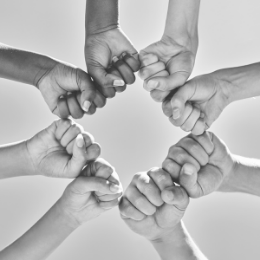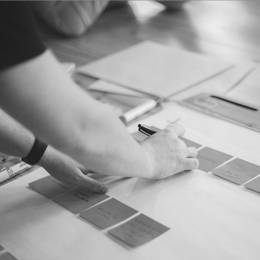RESIST Media Session III
Tuesday, 19 November
9:30 – 11:00
Online via Zoom
This media meeting is organised in the framework of the RESIST project. The project aims to strengthen the resilience of European societies to climate change by improving the capacity of journalists and newsrooms to report effectively on climate hazards and extreme weather events.
As Europe faces increasing climate challenges, this session aims to equip media professionals with the tools, knowledge and networks necessary to provide accurate, timely and impactful reporting that serves local communities and particularly vulnerable populations. To this end, the session will focus on how newsrooms can improve their climate emergency response plans, bringing in experts and allowing time for a hands-on interactive session to identify the gaps and co-create guidelines for reporting on climate change-related emergencies.
The first part of the session will be a panel discussion on the important role journalists play during emergencies such as forest fires or floods. The discussion will include the voices of Aline Flor, climate journalist, Publico, and David Latona, correspondent, Reuters, who will share their insights and best practices on how to do good and ethical reporting that mobilises the community during an emergency situation. It will also focus on pre- and post-disaster reporting, building on the links with climate change and environmental impacts. Speakers will present a case study of the forest fires in the Aveiro region of Portugal, one of the areas of action of the RESIST project.
Following on from the insights shared during the panel discussion and the case study of wildfires in Portugal, participants will have the opportunity to engage in an interactive session to discuss the challenges they face when reporting on such events. Marta Castillo from REVOLVE and Boris Van Westering, climate journalism expert, will facilitate this practical exercise on identifying common gaps in emergency reporting and developing a climate crisis response plan for newsrooms. Participants will also have the chance to co-create with fellow journalists a few guidelines to improve their preparedness when informing the public about a climate-changed-induced disaster.
This session will also be part of We Don’t Have Time’s programming in its COP29 Climate Hub. The space is a broadcasting hub at the UN Climate Change Conference in Baku, Azerbaijan. They will explore crucial topics related to the climate crisis, with leading experts, scientists, policymakers, NGOs, business leaders, young people, and more.












